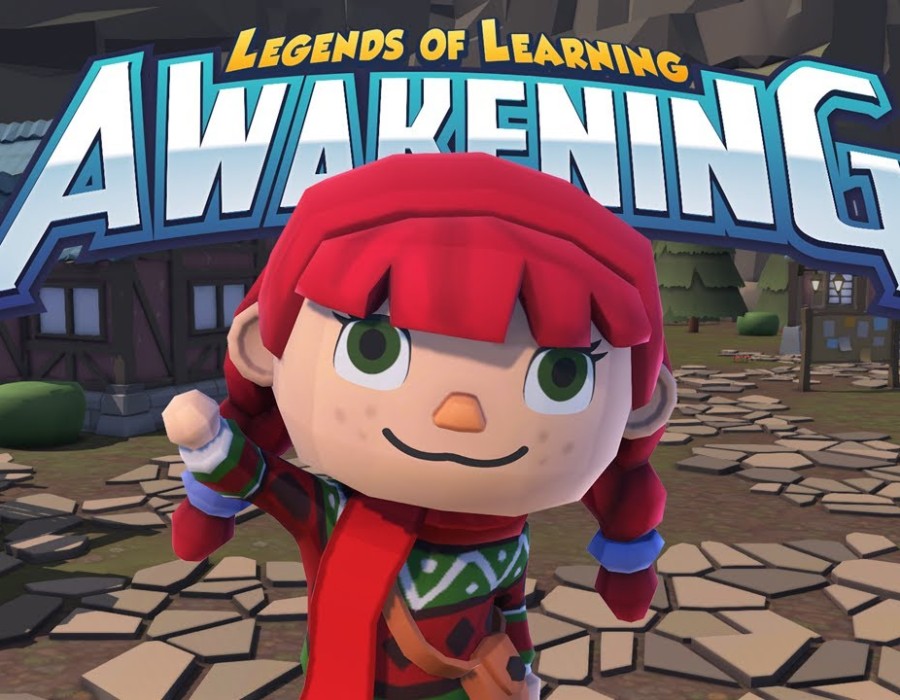Education has always been a cornerstone of human development, shaping societies and fostering progress. The legend of learning is an ever-evolving narrative that spans from ancient times to the modern era. This story encapsulates the transformation of educational practices, philosophies, and technologies, bridging traditional and contemporary education. In this article, we delve into the rich history of education and explore how it continues to evolve, blending the wisdom of the past with the innovations of the present.
The Roots of Traditional Education
The legend of learning begins with traditional education, deeply rooted in ancient civilizations. Early educational systems, such as those in ancient Greece, China, and India, laid the foundations for formal learning. In these societies, education was often reserved for the elite, focusing on philosophy, rhetoric, mathematics, and moral values. The Greeks, for instance, emphasized the development of critical thinking and public speaking, while the Chinese Confucian system prioritized moral integrity and social responsibility. Traditional education was typically conducted in small, intimate settings where students engaged directly with their mentors. This personalized approach allowed for deep intellectual engagement and the cultivation of a strong mentor-mentee relationship. The apprenticeship model, prevalent in medieval Europe, further exemplifies traditional education's hands-on, experiential learning approach.
The Evolution of Educational Philosophies
As societies evolved, so did educational philosophies. The Renaissance period marked a significant shift in the legend of learning, with an increased emphasis on humanism and the liberal arts. Education began to be viewed as a means to develop well-rounded individuals capable of critical thinking and creativity. The Enlightenment further propelled this shift, advocating for reason, scientific inquiry, and individual rights. In the 19th and 20th centuries, educational reformers such as John Dewey and Maria Montessori introduced progressive educational philosophies that prioritized student-centered learning. Dewey's emphasis on experiential education and Montessori's child-centered approach revolutionized traditional pedagogies, advocating for learning environments that fostered independence and critical thinking.
The Advent of Contemporary Education
The legend of learning took a transformative turn with the advent of contemporary education, characterized by technological advancements and a globalized world. The Industrial Revolution brought about the need for standardized education systems that could cater to larger populations. This era saw the rise of public schooling, standardized curricula, and formalized teacher training. In the late 20th and early 21st centuries, digital technology began to reshape the educational landscape. The internet, computers, and mobile devices became integral tools in the classroom, enabling new forms of learning and collaboration. Online courses, virtual classrooms, and educational apps emerged, offering unprecedented access to information and resources.
Bridging the Gap: Integrating Traditional and Contemporary Education
The challenge of the modern era lies in bridging traditional and contemporary education to create a holistic learning experience. This integration involves combining the strengths of both approaches to meet the diverse needs of today's learners. One way to bridge this gap is by preserving the personalized, mentor-driven aspects of traditional education while leveraging contemporary technologies. Blended learning models, which combine face-to-face instruction with online resources, exemplify this approach. These models allow for individualized learning paths, where students can engage with content at their own pace while still benefiting from direct interaction with educators. Another key aspect is incorporating experiential and hands-on learning, a hallmark of traditional education, into contemporary curricula. Project-based learning, internships, and real-world problem-solving activities enable students to apply theoretical knowledge in practical settings, fostering deeper understanding and skill development.
The Role of Educators in the Legend of Learning
Educators play a crucial role in bridging traditional and contemporary education. They are the torchbearers of the legend of learning, guiding students through a dynamic educational landscape. Effective educators embrace both traditional and modern methodologies, recognizing the value of each. Professional development and continuous learning are essential for educators to stay abreast of new technologies and pedagogical strategies. By integrating digital tools into their teaching practices, educators can enhance engagement and provide more diverse learning experiences. At the same time, they must maintain the interpersonal connections and mentorship that have always been central to effective teaching.
The Future of Education: A Harmonious Blend
The future of education lies in a harmonious blend of traditional and contemporary elements. As we continue to advance technologically, it is crucial to remember the timeless principles of education that have guided humanity for centuries. The legend of learning teaches us that education is not a static entity but a dynamic process that evolves with society. Innovative educational models, such as flipped classrooms and competency-based learning, are already paving the way for this future. These models prioritize active learning, critical thinking, and personalized instruction, ensuring that students are not merely passive recipients of information but active participants in their learning journey.
Conclusion
The legend of learning is a testament to the enduring power of education in shaping individuals and societies. By bridging traditional and contemporary education, we can create a more inclusive, engaging, and effective learning environment for all. Embracing the strengths of both approaches allows us to honor the wisdom of the past while harnessing the innovations of the present, ensuring that the legend of learning continues to inspire and transform future generations.






Comments